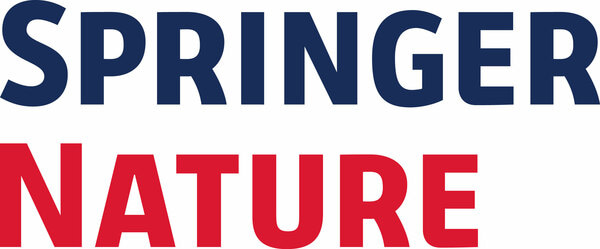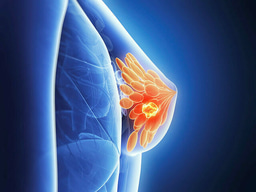Editors' highlights: Skin Cancer Awareness Month
Published in Cancer

May is Skin Cancer Awareness Month, dedicated to raising awareness about skin cancer and promoting early diagnosis and treatment.
Environmental changes, aging, and genetic modifications are contributing to the rising number of skin cancer cases. Early detection and treatment significantly improve patient outcomes.
To promote Skin Cancer Awareness Month , we have curated articles discussing the current status of skin cancer, its various factors, and the latest treatments.
Experimental Hematology & Oncology
-
LINP1 represses unfolded protein response by directly inhibiting eIF2α phosphorylation to promote cutaneous squamous cell carcinoma
-
Secretogranin II influences the assembly and function of MHC class I in melanoma
Follow the Topic
-
Experimental Hematology & Oncology

-
Biomarker Research

This is an open access, peer-reviewed journal that encompasses all aspects of biomarker investigation.
-
Cancer Cell International

This journal publishes articles on all aspects of cancer cell biology originating from work using laboratory experimentation.
-
Molecular Cancer

This journal promotes the exchange of ideas, concepts and findings in any area of cancer and related biomedical science, from a molecular point of view.
-
BJC Reports

Related Collections
With Collections, you can get published faster and increase your visibility.
Cell competition in tumorigenesis
Survival of the fittest! Sadly this also applies to cancer cells. In the early phase of cancer, (epi)genetic mutations in initiated cells may be selected for their ability to exploit cell competition to eliminate neighboring less competent cells, thereby facilitating tumor expansion.
These tumor cells' competitive skills include but are not limited to the ability to live under hypoxia and acidic microenvironment, clonal expansion of cancer stem cells that contributes to tumor heterogeneity, as well as evading host immune cell surveillance. Interestingly, it has been recently shown that cell competition can also occur in later phases of cancer.
More importantly, cancer risk factors (such as unhealthy diet and chronic inflammation) could also produce variations of niche supplying the tumor and might dictate the outcome of cell competition in tumorigenesis.
It is anticipated that strategies pinpointing competitive cell interactions in various phases and microenvironments of cancers might help to suppress cancer initiation, expansion, and progression. In this collection, we welcome original articles focusing on tumor cell competition research.
Publishing Model: Open Access
Deadline: Ongoing
Onco-proteogenomics
With the advancement of sequencing technologies, whole genome sequence information can be obtained robustly in a fairly short time and at low cost. Yet, currently there is often a lack of connection of genomic data to proteomic data, probably due to the fact that standard proteomics workflows rely on databases of only known wild-type/canonical proteins, but these databases generally do not integrate the data of cancer-associated proteins with countless amino acid sequence alterations due to gene mutations, post-translational modifications, and aberrant chromosome rearrangement. Therefore, in the next phase, it becomes extremely important to integrate experimentally-generated Mass Spectrometric data accordingly with the genomic information to identify tumor-specific proteins and isoforms.
Onco-proteogenomics has great promise and holds the key in improving our understanding of cancer biology and it is anticipated that the routine utilization of this integrated omics approach would become one of the gold standards of precision oncology. In this collection, we welcome original articles focusing on cancer proteogenomics research.
Publishing Model: Open Access
Deadline: Ongoing


Please sign in or register for FREE
If you are a registered user on Research Communities by Springer Nature, please sign in